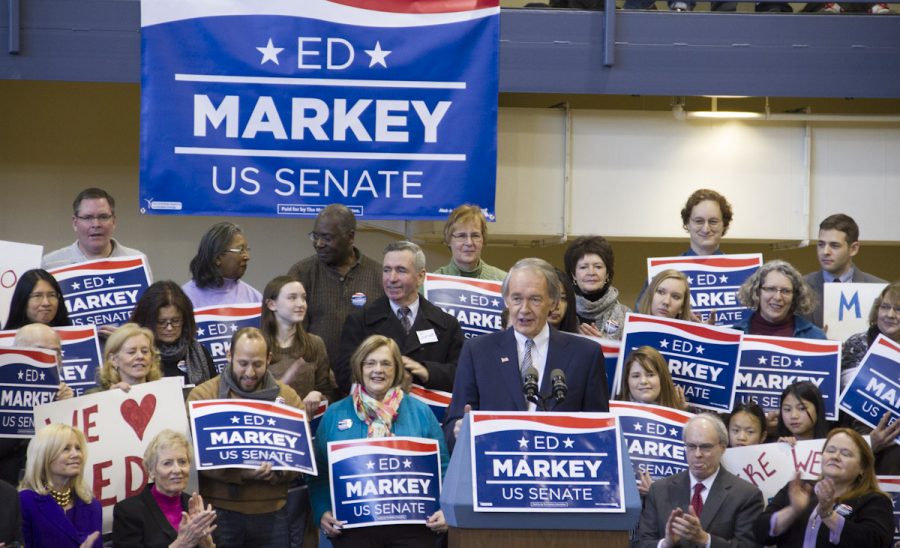Progressives around Massachusetts and the country have been celebrating Senator Ed Markey’s massive primary victory over Representative Joe Kennedy. They see it as another example of the people’s growing power and their progressive message winning. While the Markey victory is certainly a great success for the progressive wing, young progressives should not forget the results of two other Massachusetts Democratic primaries, because there are some major lessons to be learned from them.
First off was Representative Richard Neal’s dominant defeat over his challenger, Holyoke Mayor Alex Morse. Even without the dubious allegations brought against Morse, Neal’s victory was all but secured. The Chairman of the House Ways and Means committee was well prepared for Morse’s challenge, with a massive war chest of funds and heavy support from the Democratic establishment.
Neal’s sound victory does not necessarily reflect poorly on the progressive movement, but the primary to fill Joe Kennedy’s 4th House District seat absolutely does. Here, centrist Newton City Councilor Jake Auchincloss won a primary that progressives could easily have taken. Jesse Mermell could have won the primary if not for the three other major progressive candidates splitting the vote. Auchincloss faced no similar centrist split and therefore was able to win. Progressives should attempt to be more organized in other liberal districts to avoid such splits in the future.
Perhaps the most concerning part of the 4th District’s results was how poorly Mermell performed among much of the district. While picking up victories in a few of the largest and most liberal towns in the northern tip of the district, Auchinloss dominated the remaining majority of towns south of that. These towns comprise the working-class area of the district. Mermell and her fellow progressives did not even make the top three in many of those towns. A common mistake many progressives make is assuming their positions are more popular than they actually are, caught up in their own bubble where everyone they know agrees on those issues. Whether or not policies like Medicare For All are undoubtedly the most beneficial options for the public, many people are not yet sold on them.
Mermell has repeatedly claimed that Auchincloss does not represent the values of the progressive district, yet a large swath of towns strongly rejected Mermell’s progressivism. Moving forward, progressive candidates must move outside their bubble and recognize that before they start filling their platforms with progressive policies, they first have to convince many voters why those policies are the best.
Overall, I saw many of the same flaws that were present in the Bernie Sanders presidential campaign: dangerous overconfidence in the widespread popularity of their policies, and an inability to create a coalition of voters beyond their fervent progressive base. If you want to see an example of a progressive campaign done right, look at Markey. Markey advertised his strong connections to the Green New Deal and Representative Alexandria Ocasio-Cortez in order to energize the progressive youth behind him, but also made sure he focused on widening his appeal. He emphasized his roots as a middle-class son of a blue-collar union leader, connecting that to his fight for the common Americans. He also focused on his political skills and efficiency, even calling himself “The Dealmaker.”
I am not asking for progressive candidates to shift towards the center to win elections, but to find ways to market themselves and their policies so that they can appeal to voters who might usually dismiss these candidates as too radical. This is definitely a difficult tightrope to walk, but fixing the American political system is never going to be an easy task.
Brian Perlman is a Collegian contributor and can be reached at [email protected].



















